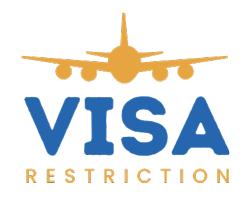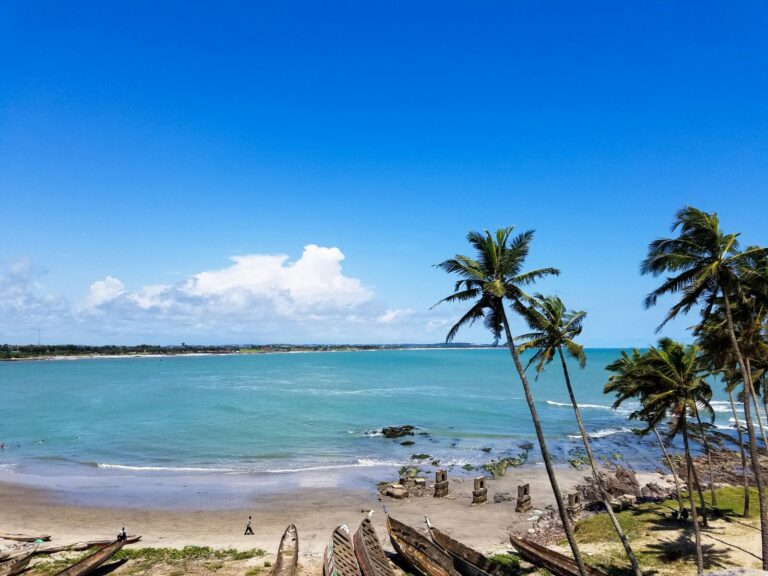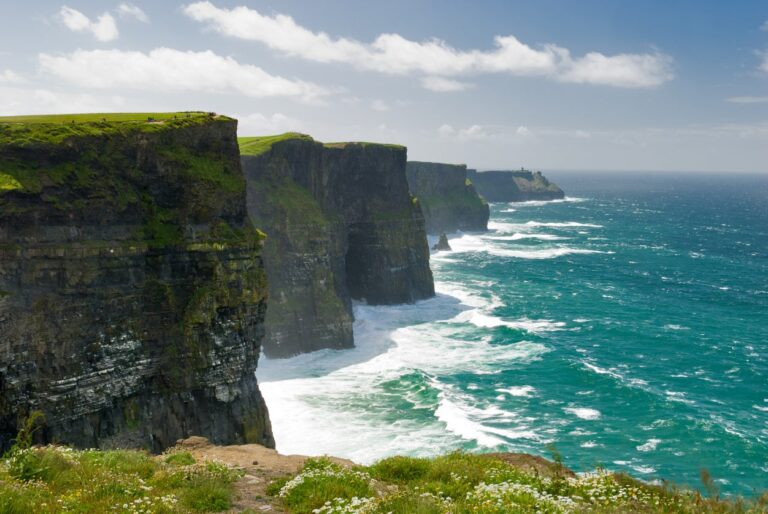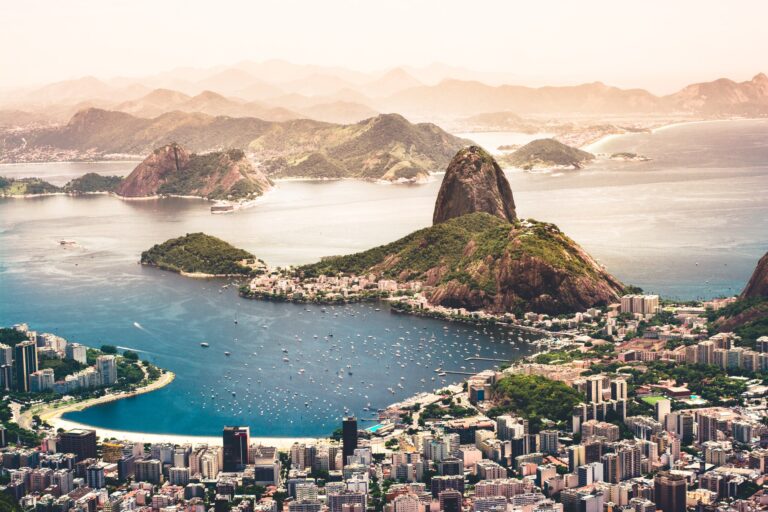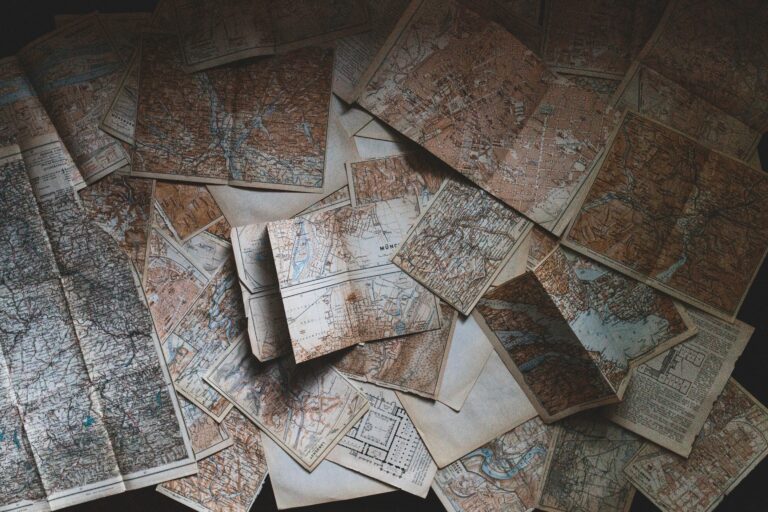Is It Safe to Travel to Tanzania: Safari Guide
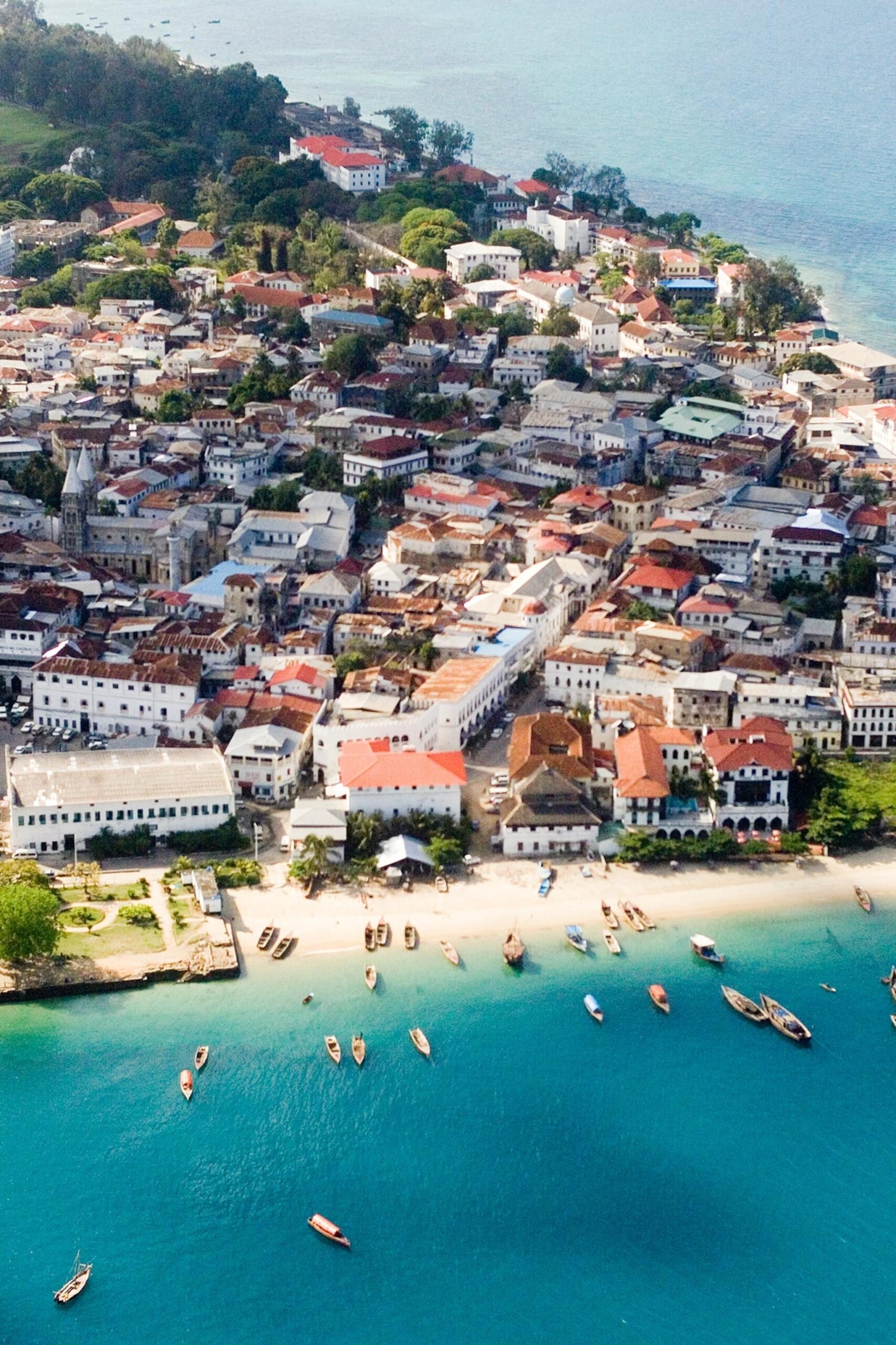
Safety Considerations in Tanzania
When planning a trip, it’s essential to consider various safety aspects, especially when the destination is a popular yet adventurous locale like Tanzania. This section delves into current travel advisories and the crime risk level in the country.
Current Travel Advisories
Tanzania is currently classified as Level 1 – Practice Usual Precautions for travelers according to the CDC Travel Health Notices. This level suggests that you can travel safely to Tanzania by following standard precautions.
However, the U.S. Department of State issues a more cautious advisory. They advise travelers to exercise increased caution in Tanzania due to several factors:
- Crime: Assault, sexual assault, robberies, mugging, and carjacking are common in some areas.
- Terrorism: Potential attacks by terrorist groups in areas frequented by tourists.
- Targeting of LGBTQI+ persons: Increased caution due to targeting of LGBTQI+ persons (Travel.State.Gov).
Crime Risk Level
The risk of crime in Tanzania varies by region. It is important to be aware of these facts before traveling to ensure your safety.
| Crime Type | Risk Level | Description |
|---|---|---|
| Violent Crime | High in certain areas | Robberies, muggings, and carjackings are common in major cities like Dar es Salaam |
| Tourist Areas | Moderate to High | Increased muggings and theft, particularly in crowded tourist hotspots |
| Rural Areas | Lower | Less frequent, but still possible in tourist-heavy locations and game reserves |
For instance, Dar es Salaam, the largest city, frequently experiences these crimes. Travelers should exercise caution, particularly when visiting crowded areas or traveling at night.
It’s essential to follow recommended safety measures, such as using reputable firms for car rentals and adhering to guidance provided by wardens in game reserves and national parks. For more specific advice on travel safety, consider our articles on is it safe to travel to egypt and is south africa safe to travel.
By staying informed about the current travel advisories and understanding the crime risk level, you can better plan your trip to Tanzania and enjoy a safer travel experience.
Violent Crime and Robberies
Understanding the risks and taking precautions can help make your trip to Tanzania safer. This section covers common criminal incidents and areas of high risk to help you navigate the complexity of safety in Tanzania.
Common Criminal Incidents
Violent crimes such as assault, sexual assault, robberies, muggings, and carjackings are common in Tanzania (Travel.State.Gov). Armed crime, including armed robbery, frequently targets tourists. In addition, petty theft and threats of violence are prevalent in various regions.
Types of Crimes:
| Crime Type | Description |
|---|---|
| Armed Robbery | Incidents of armed robbery targeting tourists, especially in urban areas like Dar es Salaam. |
| Bag Snatching | Common in tourist hotspots such as Zanzibar; criminals may use motorcycles or vehicles to grab bags. |
| Carjackings | Carjackings have been reported, particularly in urban areas. |
| Home Invasions | Reported in regions like Arusha, where criminals invade homes to rob residents. |
| Express Kidnappings | Tourists are assaulted, robbed, and forced to withdraw cash from ATMs, primarily in Dar es Salaam. |
Tourists should be especially cautious of bag snatching and violent armed robbery in busy tourist areas. Reports indicate incidents where victims have been dragged behind vehicles if they resisted. Avoiding resistance during such crimes is crucial to prevent serious injury or death.
Areas of High Risk
Various locations in Tanzania have higher incidences of violent crime. Being aware of these areas can help you prepare and take necessary precautions.
High-Risk Areas:
| Area | Risk Factors |
|---|---|
| Dar es Salaam | Frequent armed robberies, express kidnappings, and bag snatching incidents, especially in areas frequented by tourists and foreign residents (gov.uk). |
| Zanzibar | Popular tourist locations with higher rates of bag snatching and petty theft. |
| Arusha | Reports of carjackings, home invasions, and robberies. Travelers should exercise additional caution (Smartraveller). |
Tourists are advised not to travel alone, especially at night, and to avoid displaying valuables. Public transportation and walking alone can increase the risk of becoming a target for criminals.
For more details on traveler safety tips, you can check our comprehensive guide on precautions against crime. Also, explore our related articles on travel safety, including is it safe to travel to mexico and is it safe to travel to jamaica.
Terrorism Threat in Tanzania
When considering whether is it safe to travel to Tanzania, it’s important to be aware of the terrorism threat within the country.
Extremist Activities
Terrorist activities in Tanzania are primarily linked to extremists like Al-Shabaab and IS-Mozambique. Arrests have been made by Tanzanian authorities in connection to terrorism. These groups have shown the capability to carry out attacks with little or no warning, targeting both local security forces and western interests. In recent years, there has been a noted rise in extremist activity along the southern border in the Mtwara Region (Travel.State.Gov).
In August 2021, the South African Development Community (SADC) deployed military forces to nearby Cabo Delgado, Mozambique. This increased military presence may push terrorist organizations to focus their operations in neighboring areas such as the Mtwara region of Tanzania, potentially making it a hotspot for extremist activities (Smartraveller).
Potential Targets
Potential targets of terrorist attacks in Tanzania include locations frequently visited by tourists and foreign nationals. These locations can include embassies, police stations, mosques, and other culturally significant sites.
| Potential Targets | Description |
|---|---|
| Embassies | Diplomatic missions are often considered high-value targets for terrorist groups. |
| Police Stations | Local law enforcement sites could be targeted to disrupt order and spread fear. |
| Mosques | Places of worship might be targeted to incite religious tensions. |
| Tourist Attractions | Popular destinations frequented by foreigners could be potential targets. |
The increased threat level, particularly in the Mtwara Region, has led to a Level 3 travel advisory, advising travelers to reconsider their plans to this specific area (Travel.State.Gov).
Although Tanzania can be a beautiful and safe destination, it’s essential to remain vigilant and stay updated on local travel advisories to minimize risks. For more information on travel safety in other regions, you might be interested in reading about is it safe to travel to Mexico or is it safe to travel to Egypt.
Safety Measures for Travelers
Precautions Against Crime
When asking, ‘is it safe to travel to Tanzania’, it’s essential to take certain precautions against crime.
Tourists in Tanzania, especially in urban areas like Dar es Salaam, have faced incidents like express kidnappings, where assailants force individuals to withdraw cash from ATMs under the threat of violence. Here are some key precautions to minimize risks:
- Be Vigilant: Always stay alert and aware of your surroundings.
- Secure Your Belongings: Use lockable bags, avoid displaying valuable items, and keep important documents and cash secure.
- Avoid Isolated Areas: Stick to well-populated and well-lit areas, especially during the night.
- Trusted Transport: Use reputable transport options, avoid hailing taxis off the street.
- Identity Verification: Verify the identity of any individuals before allowing them entry into personal spaces or accepting their help.
It’s crucial to take these actions to reduce the likelihood of encountering problems. For more on travel tips, visit our article on travel tips for safely navigating cities.
Recommendations for Personal Security
To further ensure your personal security while traveling in Tanzania, adhere to the following recommendations:
- Stay Informed: Regularly check CDC Travel Health Notices and U.S. Department of State advisories for updates on Tanzania.
- Residential Security: Make sure your accommodation has adequate security, including secure locks and possibly security personnel.
- Limit Public Display of Affection: Particularly for LGBTQI+ travelers, exercise discretion as advised by the U.S. Department of State.
- Cash Safety: Avoid carrying large sums of cash. Use hotel safes and electronic payments where possible.
- Emergency Contacts: Keep a list of emergency contacts, including local embassy numbers and local emergency services.
| Safety Precaution | Description |
|---|---|
| Stay Informed | Check travel advisories regularly. |
| Secure Accommodation | Ensure robust security at your place of stay. |
| Discreet Behavior | Exercise discretion in social conduct. |
| Cash Management | Limit cash carried, use safes. |
| Emergency Contacts | Keep key emergency numbers handy. |
Remember, taking these precautions can significantly improve your safety while enjoying your travels in Tanzania. For more detailed advice, visit our guide on personal security tips while traveling.
For further information on safety measures in various travel destinations, you might also be interested in reading our articles for other countries such as is it safe to travel to mexico, is cancun safe to travel, and is it safe to travel to jamaica.
Travel Risks in Tanzania
When asking “is it safe to travel to Tanzania,” understanding travel risks is essential. This section covers the key risks related to road travel and specific regional concerns.
Road Travel Safety
Road travel in Tanzania can present several challenges and risks. Awareness of these factors can enhance your safety during your trip.
Key Road Travel Risks:
- Poor Driving Standards: Many drivers do not adhere to standard road safety rules, which can lead to unpredictable driving behaviors. (gov.uk)
- Hazardous Road Conditions: Potholes, poor signage, and a lack of street lighting can make driving more dangerous.
- Absence of Roadside Services: There are limited roadside rescue or breakdown services available.
- Heavy Traffic in Urban Areas: Cities like Dar es Salaam experience heavy traffic, increasing the risk of accidents.
- Use Registered Taxis: To avoid the risk of express kidnappings, especially in Dar es Salaam, use registered taxis (Smartraveller).
Safety Tips:
- Use reputable car rental firms (gov.uk).
- Adhere to the safety advice provided by wardens when visiting game reserves and national parks.
- Avoid driving at night due to poor visibility and increased risk of accidents.
- Consider hiring a local driver who is familiar with the routes and driving conditions.
Specific Regional Risks
Different regions in Tanzania have unique risks that travelers should be aware of.
High-Risk Areas:
-
Dar es Salaam: Known for a higher risk of crimes such as express kidnappings. It’s important to remain vigilant and take necessary precautions (Smartraveller).
-
Mtwara Region: This area, particularly along the southern border, faces higher risks due to extremist activities and has been the site of attacks on government officials and civilians. Foreigners and foreign interests are potential targets for kidnappings (Smartraveller).
Safety Tips:
- Avoid high-risk areas unless necessary.
- Stay updated with local news and travel advisories.
- Register with your embassy or consulate for assistance in case of emergencies.
Regional Risk Table:
| Region | Risk Type | Details |
|---|---|---|
| Dar es Salaam | Crime | Higher risk of express kidnappings. Use registered taxis. |
| Mtwara | Kidnappings, Extremist Activity | Higher likelihood of kidnapping and extremist activities. Avoid if possible (Travel.State.Gov). |
For more on safety considerations, see our related guides on is it safe to travel to mexico, is it safe to travel to jamaica, and is it safe to travel to kenya.
Health and Disease Precautions
When considering the question, “is it safe to travel to Tanzania,” understanding the health and disease risks is crucial for your safety.
Disease Outbreaks
In Tanzania, travelers need to be aware of potential disease outbreaks that can affect their travel plans and health. Below are some notable disease concerns:
Cholera
Cholera outbreaks, particularly during the rainy season, have affected all regions of Tanzania. From 2015-2019, Tanzania reported 33,702 cases and 556 deaths (CDC Yellow Book 2024). Ensure safe food and water practices and maintain hand hygiene to prevent infection.
Dengue Fever
The incidence of dengue has increased, especially in coastal regions such as Dar es Salaam and Zanzibar. To prevent mosquito bites, use mosquito nets and insect repellent.
Altitude Sickness
Travelers aiming to summit Mount Kilimanjaro or Mount Meru need to be cautious of altitude sickness. Recent studies show a 75%-77% prevalence rate of acute mountain sickness (AMS) among climbers (CDC Yellow Book 2024). Recognize symptoms and follow prevention tips.
Vaccination Recommendations
To ensure a safe trip to Tanzania, it’s important to be up to date on essential immunizations and recommended travel vaccines (CDC Yellow Book 2024):
- Routine Vaccines: Make sure you are current on routine vaccines (such as MMR, DTP, and Flu).
- COVID-19: Vaccination is essential.
- Hepatitis A: Recommended for most travelers due to the risk of contaminated food or water.
- Polio and Tetanus: Keep up to date with booster shots.
- Yellow Fever: Required for travelers entering from yellow fever-endemic countries. Proof of vaccination may be needed.
| Recommended Vaccines | Purpose |
|---|---|
| COVID-19 | Prevent COVID-19 |
| Hepatitis A | Prevent food/water contamination |
| Polio | Prevent poliovirus infection |
| Tetanus | Prevent bacterial infection |
| Yellow Fever | Required for specific travelers |
For those planning extensive outdoor activities or visits to remote areas, consider additional vaccines such as rabies or typhoid.
By following these health precautions and staying updated with vaccinations, you can enjoy a safer trip to Tanzania. For more information on safety and travel advice to other destinations, you might find the articles on is it safe to travel to kenya and is brazil safe to travel helpful.
